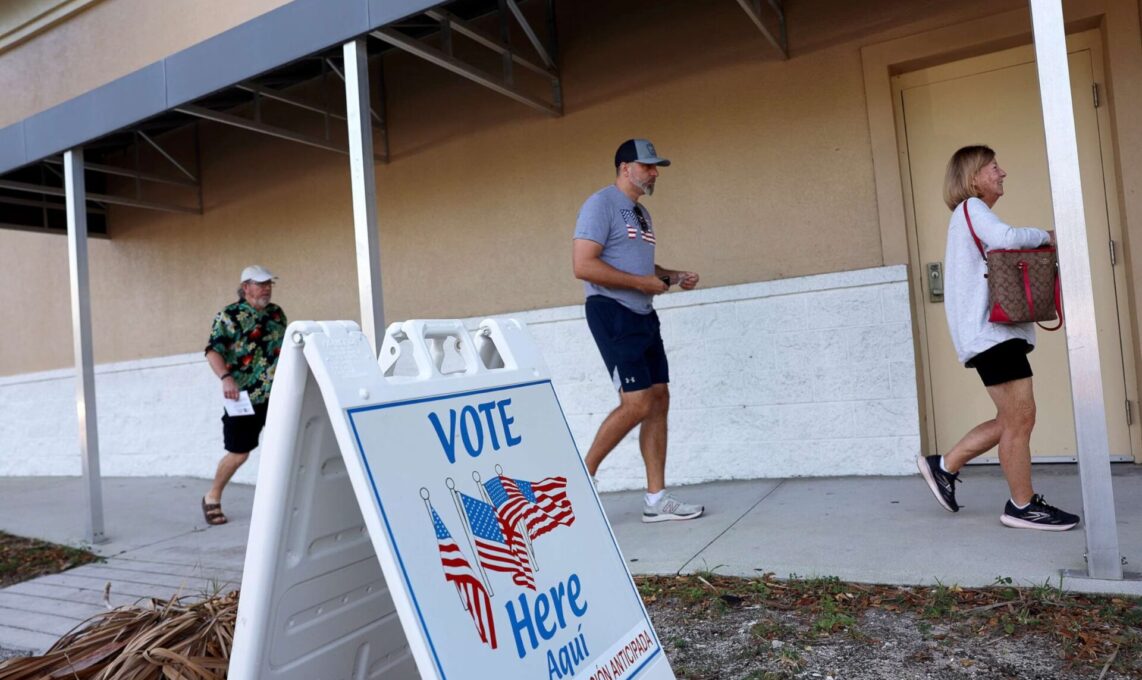
In a late-night decision on November 27, a Supreme Court ruling marks a significant turn, demanding the testimony of two senior Republican lawmakers in Arizona regarding their support for state laws mandating proof of U.S. citizenship for voting in federal elections.
These lawmakers have persistently asserted a recognized privilege against testifying about the legislative processes involved in passing these Arizona voting laws. Republicans argue that this privilege safeguards the integrity of the lawmaking process, preventing judicial interference.
The Democratic opposition strongly contests both state laws, alleging they are part of a prolonged Republican strategy to suppress Democratic votes. Conversely, Republicans assert these laws are essential for ensuring election integrity, particularly in Arizona, citing alleged irregularities in recent elections.
The U.S. Department of Justice, the Democratic National Committee (DNC), and activist groups filed a lawsuit, contending that these laws contradict federal laws and unfairly discriminate against voters. Arizona Attorney General Kris Mayes, however, a Democrat, declined to defend certain provisions in the statutes.
The Supreme Court’s refusal to lift the federal district judge Susan Bolton’s order from September 14 mandates the attendance of Ben Toma, the Arizona House of Representatives speaker, and Warren Petersen, the Arizona Senate president, for deposition in a lawsuit filed by Democrats and activists. Judge Bolton, appointed by President Bill Clinton in 2000, specifically wants the lawmakers to explain their support for two Arizona laws—H.B. 2243 and H.B. 2492.
H.B. 2243 permits registration cancellation if officials suspect an individual lacks voting qualifications or U.S. citizenship. H.B. 2492 mandates proof of U.S. citizenship for voting. Judge Bolton has invalidated sections of H.B. 2492 and is moving toward a trial in a lawsuit challenging both laws.
This case, identified as Toma v. United States District Court for the District of Arizona (court file 23A452), saw an emergency application filed by Mr. Toma and Mr. Petersen on Nov. 20. However, the Supreme Court’s one-sentence dismissal order, issued on Nov. 27, lacked explanations and dissents.
The lawmakers contest Judge Bolton’s directive to testify about their motives and their involvement in the legislative process, citing legislative privilege, precedent, and the district judge’s overreach.
The DNC emphasizes that the lawmakers entered the case after its commencement and made crucial statements regarding the laws’ intent, leading to the plaintiffs’ move to compel their testimony.
While the U.S. Court of Appeals for the 9th Circuit ruled against the lawmakers, prompting their plea to the Supreme Court, comments from the DOJ and the lawmakers’ attorneys were yet to be received at the time of publication.









